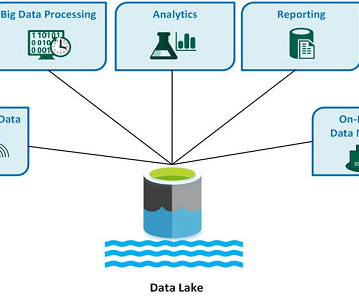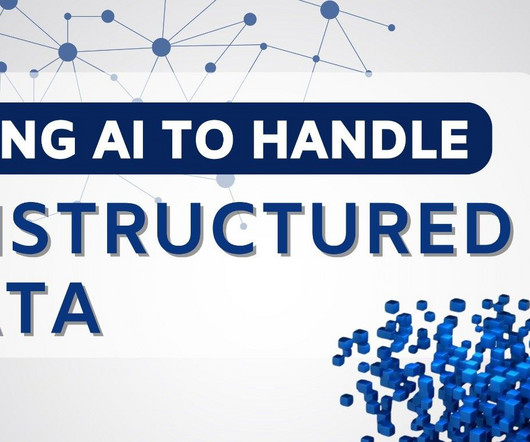Data Integrity for AI: What’s Old is New Again
Precisely
JANUARY 9, 2025
Artificial Intelligence (AI) is all the rage, and rightly so. The goal of this post is to understand how data integrity best practices have been embraced time and time again, no matter the technology underpinning. There was no easy way to consolidate and analyze this data to more effectively manage our business.




















Let's personalize your content